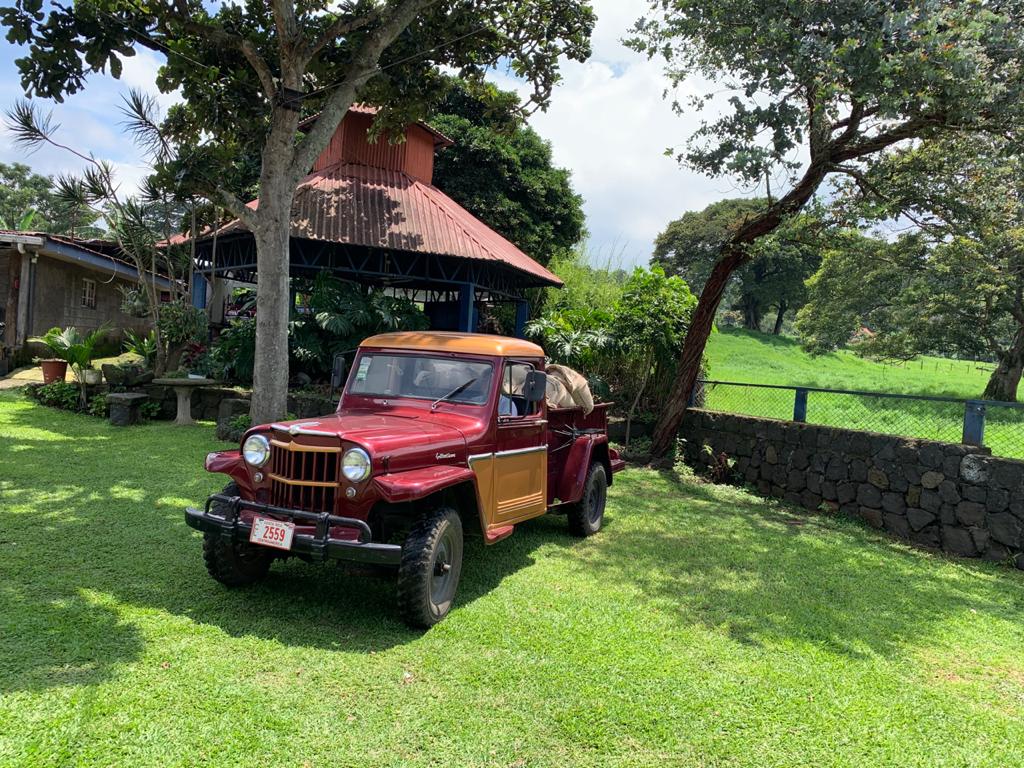Coffee tourism, also known as a coffee tour or coffee travel, is a form of tourism that revolves around the exploration and experience of coffee production, cultivation, processing, and consumption. It involves visiting coffee-growing regions, plantations, coffee farms, roasteries, cafes, and other related sites to gain insights into the world of coffee.
Visiting coffee farms provides an opportunity for coffee enthusiasts, connoisseurs, and curious travelers to immerse themselves in the entire Costa Rican coffee production process. It allows visitors to learn about the origins and history of coffee, witness the various stages of cultivation, harvesting, and craft processing, and of course, sample an exquisite exportation specialty coffee.
Coffee-growing regions around the world, such as Ethiopia, Colombia, Brazil, Costa Rica, and Vietnam, attract coffee tourists due to their rich coffee heritage and diverse coffee cultures. Tourists can engage with local farmers, workers, and experts to gain a deeper understanding of the coffee industry, its economic impact, sustainability practices, and the social aspects tied to coffee production.
Coffee tours may also include educational workshops, interactive experiences, and hands-on activities like picking coffee cherries, processing beans, or participating in barista training. Additionally, some coffee tours incorporate visits to museums, exhibitions, and specialty coffee events or festivals.
Overall, coffee tourism offers a unique way to discover the world of coffee, appreciate its complexity, and explore the cultural, historical, and geographical aspects associated with coffee production in different regions.

